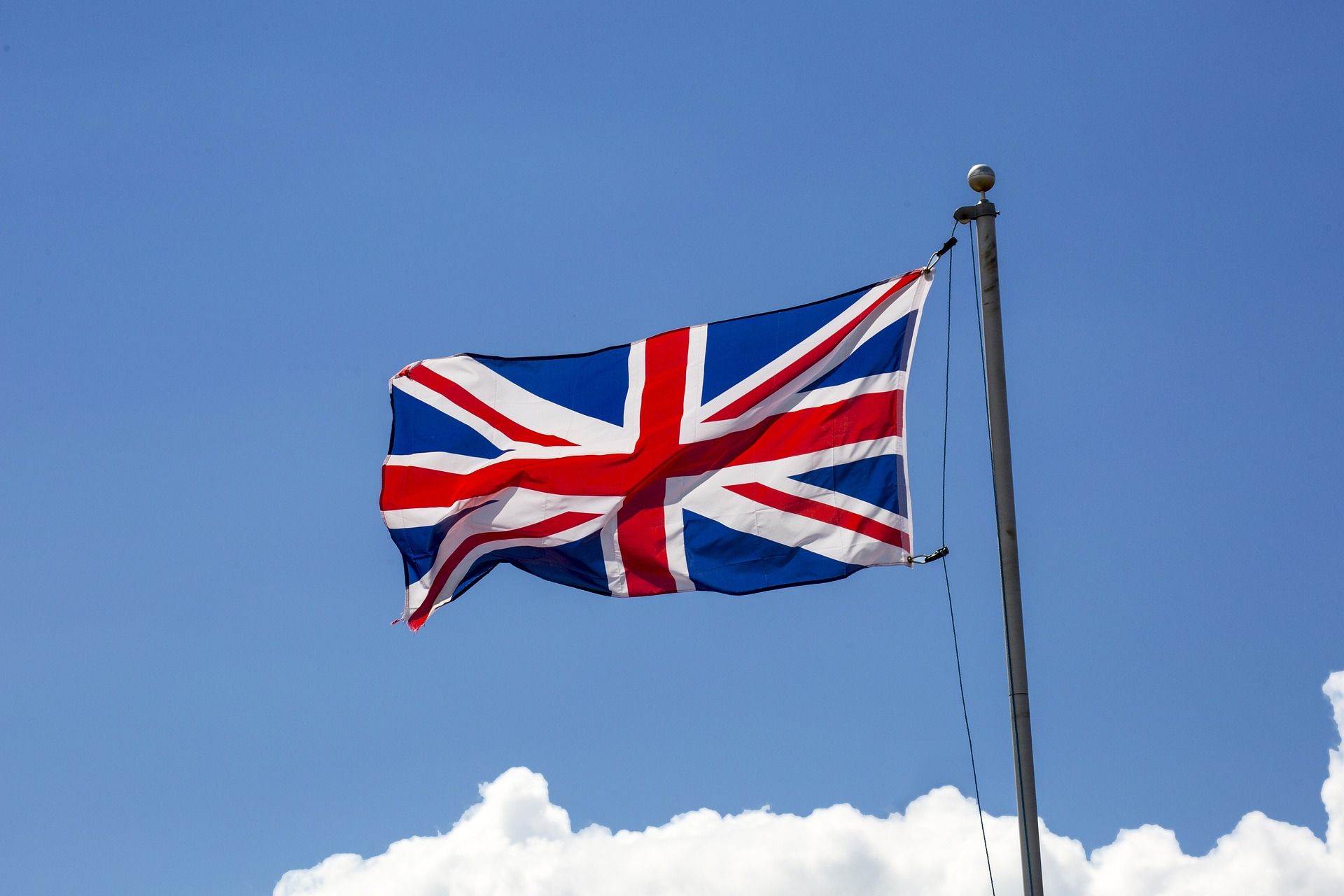Windrush generation at 75: From great expectations to struggles of survival

This year marks the 75th anniversary of the Windrush Generation and the commemoration of the symbolic event in 1948, when the ship MV Empire Windrush, carrying about 500 highly expectant Caribbean people, arrived in Britain. They came, largely in response to the calls from the motherland of Great Britain to help fill the post-war UK labour shortages. The majority of the workers on the ship had come from Jamaica, Trinidad and Tobago and other islands. From the outset, there was going to be a cultural clash in which both the majority White British population and minority Black Caribbean migrants, would come to terms with what it meant to live and work together. After 75 years, it is certainly a time to pause, reflect and celebrate the achievements of these Caribbean settlers and their subsequent generations, despite the struggles for survival.
The Windrush generation generally refers to the more than 500,000 UK residents who were born in a Commonwealth country and arrived before 1971, according to University of Oxford estimates. The year 1971 is an important point because this was when the large influx of Caribbean migrants was drastically reduced as a result of the 1971 Immigration Act, in which Commonwealth citizens already living in the UK were given indefinite leave to remain.
For many of the Caribbean migrants who came to Britain in the 1940s to the 1960s, their daily lives in their new home proved to be particularly difficult. Many thought they would come, work for a few years, earn enough money, and then return to the Caribbean. For most, this never happened. There were many struggles and obstacles they had to overcome. These included poor housing, higher costs of living than they had initially expected, low expectations of teachers for their children in schools, and, above all, the blatant racial discrimination that pervades British society at this time. Although jobs were generally easy to find, conditions of service were harsh. There were a number of ‘race riots’ in Britain which demonstrated the extent of the racial tensions in the country from the 1940s through to the 1980s. One of the most significant was the Notting Hill riots of 1958. There were also the riots of 1981 in Birmingham, Brixton, Leeds, Liverpool, Manchester and Nottingham, all arising from tensions between Black youths and the police.
Despite these overwhelming odds and the large numbers of Black men and boys disproportionately disadvantaged today, many people from this section of the Black population with Caribbean heritage fought for and achieved remarkable success. In the field of British politics, the names David Lammy and Diane Abbott represent two members of the British Parliament, both of whom are of Caribbean descent. There are also several sports people who have made, and are making, significant contributions to British society. For example, John Barnes and Ian Wright both played for England’s national football team, and are of Jamaican parentage, whereas Linford Christie, the former Olympic sprinter, was actually born in Jamaica, but represented Britain in the Olympics. Andrea Levy the writer and David Harewood, the British actor and presenter, as well as Claudia Jones, the activist, Marxist and founder of the Notting Hill Carnival, are all rooted in the Caribbean. If we add to these names, the numerous Black churches and the establishment of the Black History month in Britain, which occurs in October, it is fair to say, the Caribbean presence and contributions to British society are significant. The British Government formally recognised the contributions of the Windrush generation when, in 2018, it was announced that 22 June would be commemorated as Windrush Day in the UK. While this does not suggest that there are no longer any problems or issues with reference to the way many Black people continue to live and work in Britain, it nonetheless demonstrates that significant progress has been made. It has been a series of struggles to get this far, and it will no doubt need continued efforts and sacrifices in order to ensure the legacy of the first generation of post-war Caribbean settlers is not lost.
Dr. Tony Talburt is a senior lecturer at Birmingham City University in the UK.






